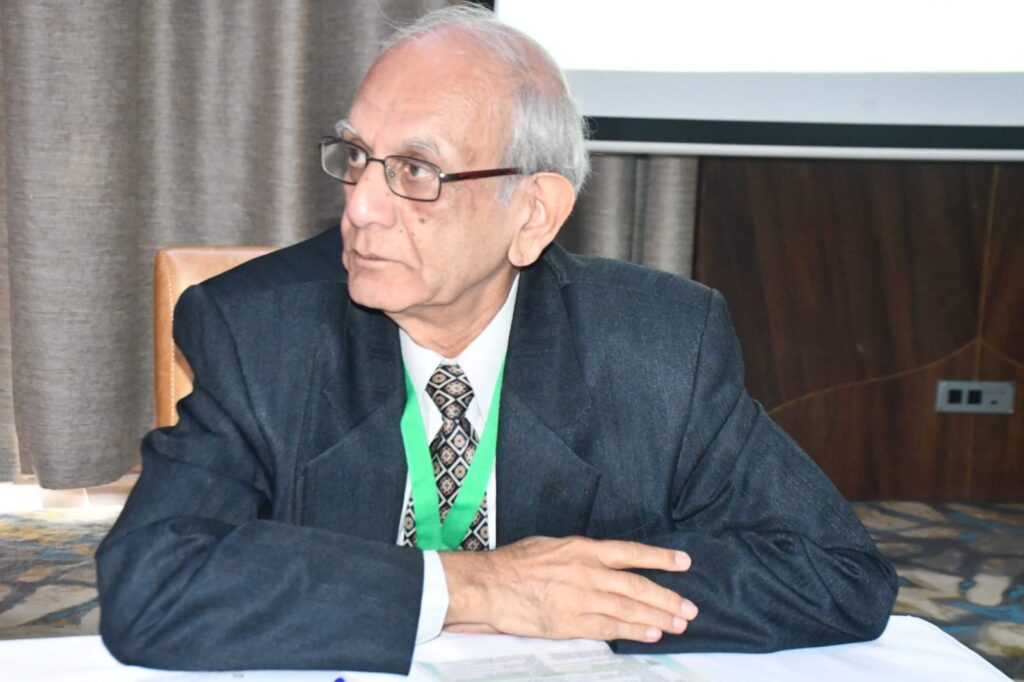
The African higher education system is in urgent need of diversification and differentiation if it is to meet the human resource needs and generate the knowledge necessary to create employment for millions of youth – and spur on development.
While most African countries have created new public universities in the ‘image’ of existing ones, the aim being to increase enrolment purely for political reasons, others have upgraded polytechnics and other tertiary institutions to universities, killing both the diversity and specialisation needed to grow the sector.
This model of growing higher education has failed and, as a result, student enrolment in universities is increasing “very slowly and completion rates remain relatively low”. The poor quality of secondary education, the main pipeline for universities, is also contributing to the challenges.
At the same time, graduate unemployment has also remained high, said Professor Goolam Mohamedbhai, former secretary-general of the Association of African Universities. He spoke at the 13th Annual Conference of the African Network for Internationalization of Education (ANIE) held from 4-6 October in Zanzibar.
A higher education system that is rich in terms of diversity and differentiation would allow different types of specialised universities, with different layers of training operating at various levels, he emphasised.
“When higher education is well diversified and well differentiated it then becomes more appropriate to refer to that education system as ‘tertiary’ or ‘post-secondary’ and this has happened in many countries around the world, including the United States, Germany and South Korea,” he observed.
Giving examples, he said that such a system would comprise universities that are research-strong, with a strong emphasis on quality teaching, and with a strong element of community engagement.
This would also mean having universities specialised in fields such as agriculture, health, education or technology, with well-defined tertiary technical and vocational education and training, or TVET, colleges.
Such a system would cater for students with different interests and different abilities while going a long way in meeting the needs of the labour market, both private and public sectors, while also addressing the personnel and development needs of often-neglected rural areas, explained Mohamedbhai, who is also the former vice-chancellor of the University of Mauritius.
Decolonisation
The time had also come to start the decolonisation of the African higher education system to make it more responsive and relevant to the continent’s developmental challenges, and to meet Sustainable Development Goals (SDGs) targets, he told conference delegates.
Post-colonial African countries had inherited educational systems of their colonisers, he observed, adding that the systems did not incorporate indigenous knowledge or local languages, because they were considered “inferior”, but they aggressively promoted Western knowledge and languages as both “universal” and “superior”.
“African universities continue to follow Western values of liberalism, commercialisation, competition and profit-making such as joining global rankings, which may not be appropriate for them,” Mohamedbhai noted.
Efforts to decolonise education should target the three main areas of languages, curriculum and research, where “orthographies of local languages” should be developed and their use be promoted, he explained.
If languages are introduced early, it is possible for children to be multilingual, the academic explained.
On the other hand, curricula for all academic areas, including the arts, humanities, economics, politics, agriculture, engineering, law and medicine must be revised to reflect “African realities”.
On research, academics should concentrate on topics of direct relevance to Africa’s development, and ensure that findings are widely disseminated across the continent, so that the knowledge can lead to policy guidelines for governments.
According to him, many researchers aim for publication of their work in refereed journals for self-promotional purposes, but “much of the research is of little relevance to Africa’s societal challenges”.
He cautioned: “The concept of decolonisation is, however, complex, and has different meanings to different people. One must go beyond symbolic actions such as the #Rhodes Must Fall [protests] in South Africa to a deeper transformation.”
The changes should also ensure that global aspects of education, especially in technology, are retained, so that, among other things, African youth remain global citizens while the continent remains a key actor and component of the global village.
Challenges
The road to decolonisation was fraught with challenges, key among them an inherited colonial ideology and “Eurocentric viewpoints and traditional hierarchies”, administrative structures, and ingrained academic traditions, which hampered adoption of culturally relevant approaches, explained Joyce Mongina, of the Kenya Institute of Curriculum Development.
Lack of resources, including limited funding, access to technology and quality learning materials, among other constraints, also made it difficult to reconcile decolonised educational activities while, at the same time, aligning them with accreditation standards in line with global standards, she explained.
In addition, there was inadequate research on how to best go about the process. Where research was available, findings have not been disseminated to relevant policymakers, she observed.
She disclosed that, despite the challenges, a number of countries, among them Tanzania, Rwanda, Kenya and Ethiopia, have, since the year 2000, made efforts to move away from a colonised content-based curriculum, to a more demand-driven competency and outcomes-based curriculum.
Universities in Africa can also borrow a leaf from the ongoing conversations and reforms to decolonise the curriculum from success stories from Kenya, where the competence-based curriculum (CBC) model of education is being implemented at the basic education level.
Under the CBC, she said, Kenyan universities will have to realign their programmes, reorganise academic schools, faculties and departments before the CBC pre-university learners enter the institutions.
“All universities in Kenya are also expected to develop the appropriate competency-based education and training framework, that have advanced practical solutions to societal issues,” she further disclosed.
It was evident that a transformative curriculum that acknowledges and integrates diverse knowledge systems, cultural practices and perspectives fosters a more inclusive and relevant educational framework, Mongina added.
Complete decolonisation, however, could only come with partnerships that will institute research and follow other curriculum development processes to achieve complete decolonisation.
“Decolonisation does not necessarily mean running away from all curricula from the West and or East but contextualising them to the local situations in Africa,” she cautioned.
Mongina observed that, by decolonising training, African Universities can empower learners to develop critical thinking, curiosity and problem-solving skills necessary for addressing contemporary challenges. This would be in line with the African Agenda 2063 and the SDGs.
‘Yearning for a new approach’
The African continent is yearning for a new approach to looking at knowledge, and for better ways of making partnerships work for African universities and societies, said ANIE chairperson Professor Goski Alabi.
The world, she noted, has undergone several transformations, including those brought about by the COVID-19 pandemic and technological advancements in and outside universities, that have all had varied and various impacts on higher education in Africa.
“These global developments just underscore how common our challenges and opportunities are and the need to hold together and also to have a better understanding of their implications,” she observed.
ANIE, she disclosed, was keen on playing its role as a leading think-tank committed to advancing high-quality research, capacity-building, information sharing and exchange, transnational networking and cooperation, and in policy advocacy for the transformation of higher education.
The network has, so far, produced close to 10 books on internationalisation of higher education and undertaken several multi-country projects on the subject. It had also undertaken capacity-building for young researchers and practitioners of the field, and opened up spaces for policy dialogues on the same, she further explained.

